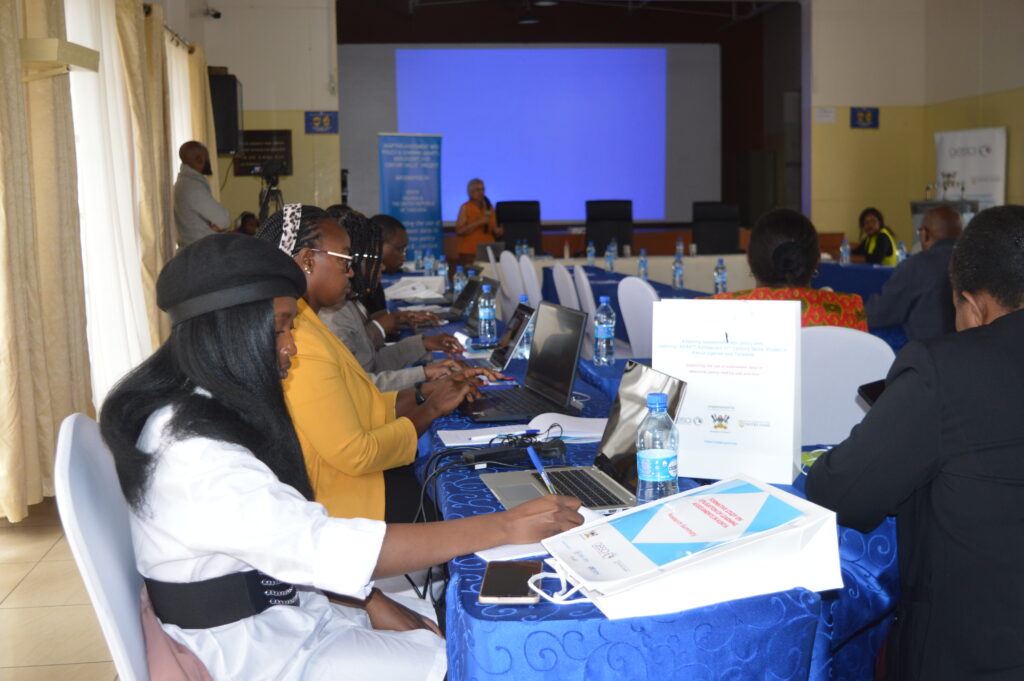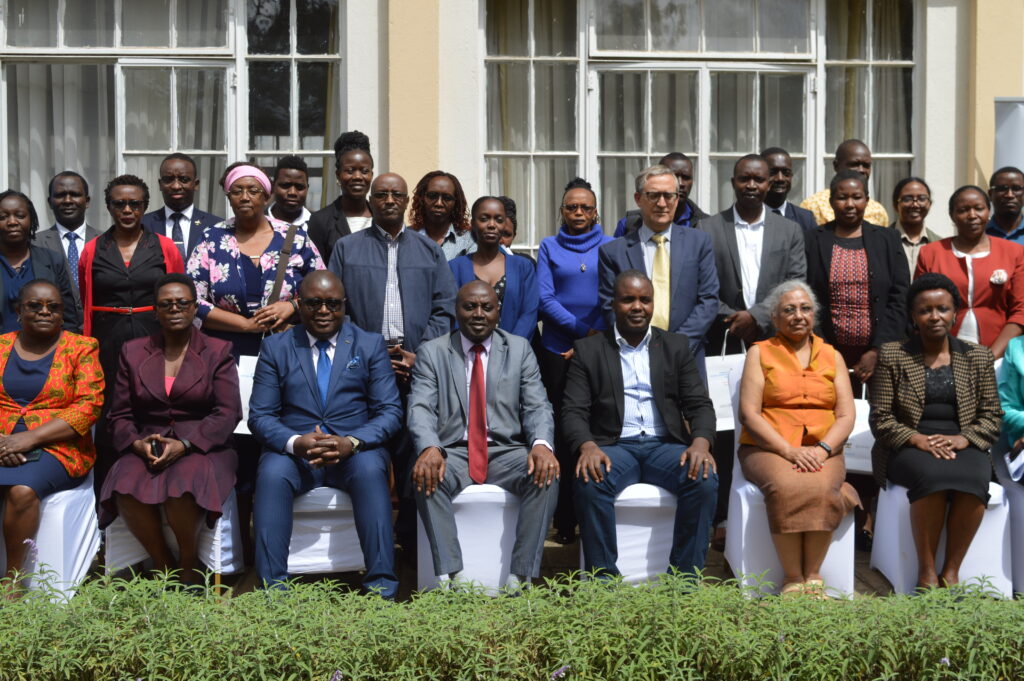A report released by GESCI has revealed that most learners are not taught about life skills despite the shift witnessed in the learning sector with the advancement of technology in this 21st century.
This follows a growing need across East Africa, for a strategic and explicit focus on contextually appropriate 21st Century Skills within education programs and school curricula, supported by assessment data that draws on the lived experience of young people from the region.
This study was conducted as part of implementation of the Adapting assessment into policy and learning (ADAPT): Adolescent 21st Century skills in Kenya, Uganda, and Tanzania is a research initiative seeking to promote the acquisition of 21st-century skills for adolescents by strengthening utilization of data from learning assessments in curriculum design, adaptation, and delivery.
Mr. Samuel Otieno the project Lead called for the involvement of experts in the research who will ensure the conduction and compilation of researched information in an easily comprehensible version for the learners and the public.
“This research and assessment are mainly aimed at informing policy formations and education policies put in place by education ministries as we champion for relevance in the studies given to the learners in thus changing times,” said Mr. Samuel.
This research was done in collaboration with Assessment of Life skills and Values in East Africa (ALiVE) a co-creation and collaborative initiative focusing on the development of contextualized assessments for 21st Century Skills, driven by local leaders in Kenya, Tanzania, and Uganda.

Some of the results from the assessment include: 1. Consolidation of knowledge and learnings on how education systems in East Africa can better integrate summative assessment results-like ALiVE – to improve curriculum design and delivery.
2. Development of an adaptive framework for research translation that is specific to the needs and nuances of the context in the 3 GPE countries.
3. Strengthening of a learning community across the 3 GPE countries focused on developing and transferring capacity to measure and utilize assessments of 21st Century Skills
4. Sharing of learning from the ALiVE initiative with other countries in East Africa and the global community
According to Dr. Sheila Wamahiu a research Consultant, assessments need to involve the learners to assist them to comprehend the essentiality of the assessments and why they are of importance as other players like teachers are involved.
Challenges Faced in the Research
1. Limited evidence on how to best incorporate 21st Century Skills within school systems in Sub-Saharan Africa (SSA).
2. A lot of evidence was generated by multilateral organizations on how to address 21st Century Skills within programs but limited information or experience about how to effectively incorporate these skills within education programs and school curricula.
3. Even if national entities in SSA wanted to focus on 21st Century Skills within education programs and school curricula, there is uncertainty and lack of consensus on defining these skills and in delivering and measuring them.
4. Studies have shown inadequate capacities among teachers, civil society, and ministry officials to effectively and reliably use the available assessment data to make evidence-based decisions.
5. There is a lack of coordination within and across countries and partners working on 21st Century Skills in SSA.
ADAPT is implemented by a consortium of partners including the Global e-Schools and Communities Initiative (GESCI), The Makerere University College of Education and External Studies, and the University of Notre Dame’s Global Center for the Development of the Whole Child (GC-DWC).
ADAPT is an initiative under the Global Partnership for Education Knowledge Innovation Exchange (GPE-KIX) Program funded by The International Development Research Centre (IDRC).

